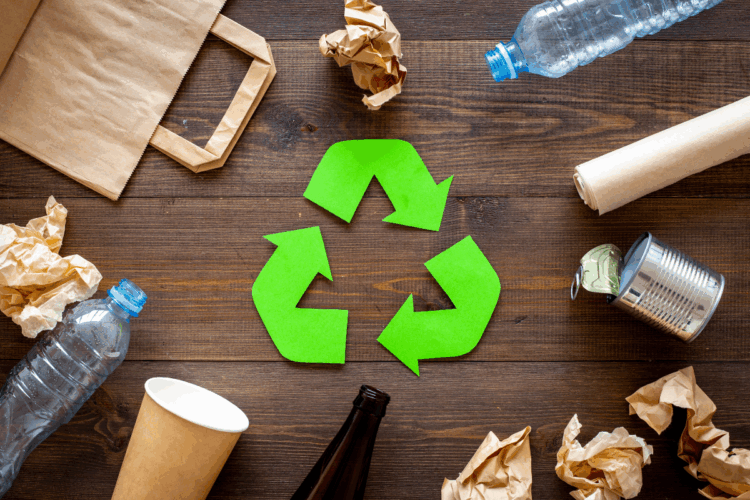Due to its size and tendency to be on the leading edge of environmental law, California has long been seen as the bellwether, setting policy that other states will later follow – or that producers and manufacturers take as de facto law nationwide when it comes to standards.
However, draft federal legislation may undermine California’s sway in recyclability and compostability labeling if the bill’s drafters take the American Institute for Packaging and the Environment’s suggestions.
Politico reported in late June that Sen. Jeff Merkley, D-Oregon, was working on a draft bill that would set federal parameters around recycling labels on consumer packaging – and that Ameripen has requested that any federal law explicitly preempt state laws, such as California’s SB 343.
That’s just a request, and the bill has not yet been introduced. A letter from Ameripen that Politico obtained suggested that the Truth in Labeling Act of 2024, currently in its second draft, would “impose national labeling standards for recyclability, compostability, and reusability for beverage containers, food service products and packaging.”
Ameripen noted that it supports policies, including packaging producer responsibility and labeling requirements, that are “results based,” “effective and efficient” and “equitable and fair.”
“By enacting federal definitions for recyclable, compostable and reusable packaging, Congress could streamline compliance for businesses and provide clarity for consumers nationwide,” the letter stated.
As per the draft, those definitions would be set by the U.S. EPA through rulemaking, the letter added, but Ameripen recommends that the definitions instead be “formally codified in statute, based on existing definitions developed by leading authorities, including the FTC and standard setting bodies,” referring to the Federal Trade Commission.
“In short, Ameripen envisions a mandatory third-party certification scheme for when claims are made on consumer product packaging that it is compostable, recyclable or reusable,” the letter stated. “This scheme would require EPA to establish model accreditation criteria through rulemaking. Accreditation bodies would then apply to EPA to become recognized, and those accreditation bodies would then accredit third-party certification bodies who would, in turn, then evaluate and authorize compostable, recyclable, or reusable claims made on consumer packaging.”
Ameripen took issue with draft language in the Truth in Labeling Act of 2024 that would mandate that all covered packaging indicate on a label whether it is recyclable, compostable or reusable. Ameripen “does not support a mandatory labeling requirement,” the trade group said, and also does not support a mandate for universal labeling with resin identification codes that are not in chasing arrows.
Finally, Ameripen noted that while the current draft “contains no express preemption over the laws in any state and would allow a state to enforce portions,” the group will not support federal labeling legislation unless it has language that would “expressly preempt any state from establishing, enforcing or continuing in effect any legal requirement unless it is identical with any requirement imposed under the federal legislation.”
“This approach will ensure that a truly national and consistent framework for compostable, recyclable and reusable claims for packaging is achieved, such that consumer confusion and mistrust will be eliminated to the extent possible, and that packaging is handled correctly,” the letter stated.
A version of this story appeared in Plastics Recycling Update on July 2.


























